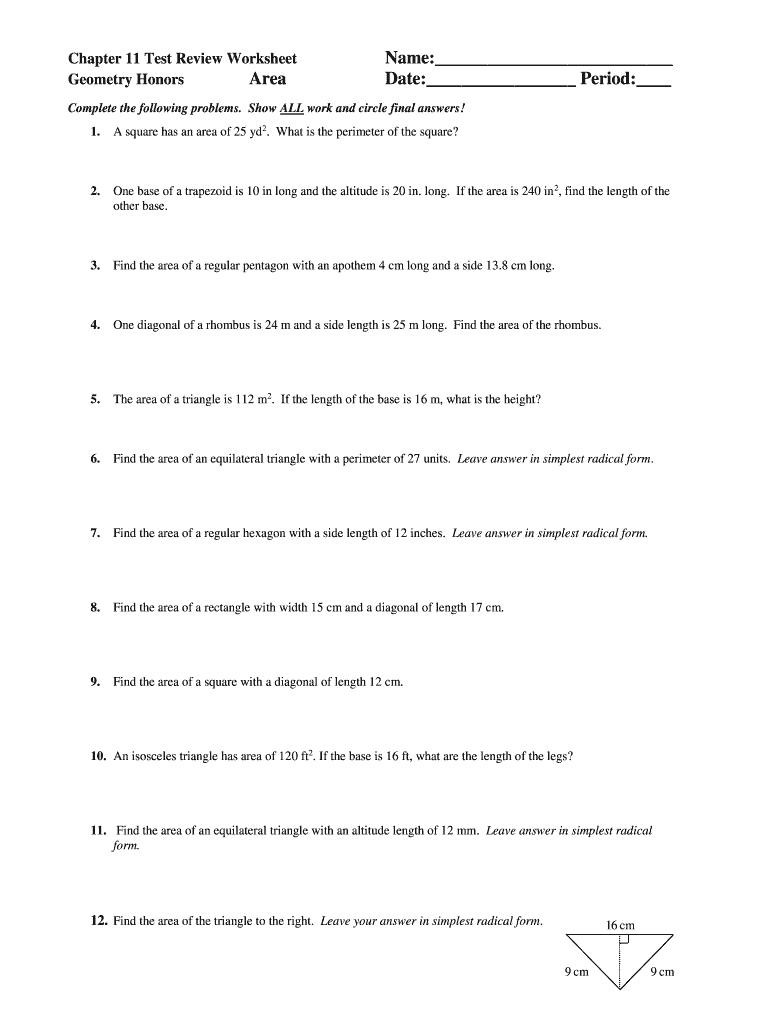Gas laws are fundamental principles in chemistry that describe the behavior of gases under different conditions. Understanding these laws is crucial for predicting how gases will behave in various situations. To test your knowledge of gas laws, worksheets are often used to assess your understanding of the subject. These worksheets typically include problems that require you to apply the gas laws to solve for different variables.
In this article, we will provide answers and work for a gas laws worksheet to help you check your understanding and improve your problem-solving skills in this area of chemistry.
1. Boyle’s Law: This law states that the pressure of a gas is inversely proportional to its volume when the temperature is constant. The mathematical expression for Boyle’s Law is P1V1 = P2V2. To solve problems involving Boyle’s Law, you can use this equation to find the unknown variable.
2. Charles’s Law: Charles’s Law states that the volume of a gas is directly proportional to its temperature when the pressure is constant. The equation for Charles’s Law is V1/T1 = V2/T2. By using this formula, you can calculate the volume of a gas at different temperatures.
3. Gay-Lussac’s Law: Gay-Lussac’s Law states that the pressure of a gas is directly proportional to its temperature when the volume is constant. The equation for Gay-Lussac’s Law is P1/T1 = P2/T2. This law is useful for determining how the pressure of a gas changes with temperature.
4. Combined Gas Law: The Combined Gas Law combines Boyle’s, Charles’s, and Gay-Lussac’s Laws into a single equation: P1V1/T1 = P2V2/T2. This law allows you to solve problems involving changes in pressure, volume, and temperature simultaneously.
By practicing problems that involve these gas laws and understanding how to apply the equations, you can improve your proficiency in solving gas law-related questions. Remember to show all your work when solving these problems to ensure that you understand the concepts and can apply them correctly.
Gas laws worksheets are valuable tools for reinforcing your understanding of gas laws and honing your problem-solving skills in chemistry. By reviewing the answers and work provided in this article, you can enhance your knowledge of gas laws and feel more confident when tackling similar problems in the future.
